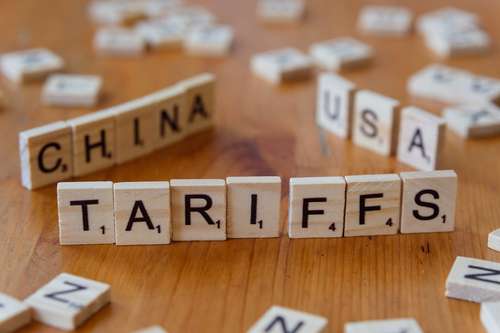As the dawn of 2025 approaches, conversations inevitably turn towards New Year resolutions 2025. But amidst the excitement of fresh starts and ambitious goals, it's worth pausing to ask: is New Year goal setting really that important? While the majority of people may not achieve all their resolutions, the act of making these personal goals for 2025, and the psychological mechanisms they trigger, suggest they hold more value than we might think.
One reason to set New Year resolutions 2025 lies in the ‘‘fresh-start effect’’. Our brains tend to compartmentalize our lives into chapters, with dates serving as dividing lines. The New Year, with its symbolic turning of the calendar page, provides a powerful sense of a clean slate. This psychological distancing from past failures allows us to approach new goals with renewed optimism, believing that this time, things will be different.
This ‘‘fresh-start effect’’ isn't limited to just the New Year. Research shows that people are more likely to set goals after holidays, Mondays, or the first day of a new month, showing the brain's tendency to capitalize on temporal landmarks for self-improvement. However, the New Year, with its cultural significance and widespread recognition, offers a particularly potent opportunity to leverage this psychological phenomenon.
Beyond the psychological benefits, setting intentions is crucial for personal growth. Resolutions force us to confront our current state and define the desired future self. This intentional thinking promotes self-awareness and clarity, paving the way for meaningful change. Whether the goal is to live healthier, deepen relationships, or advance career aspirations, the simple act of articulation sets the wheels in motion.
Hope and engagement further amplify the importance of resolutions. The belief in a better tomorrow, inherent in goal setting, fuels motivation and positive action. This optimism not only benefits our own mental well-being, but also inspires those around us. By striving for self-improvement, we become role models for positive change, subtly influencing our families, colleagues, and communities.
However, the path to achieving resolutions is not without its challenges. Statistics show that only a small percentage of people fully realize their New Year's aspirations. This sobering reality often leads to discouragement and the belief that resolutions are pointless. Yet, even failed resolutions offer valuable lessons. They provide insights into our habits, motivations, and potential obstacles, paving the way for more effective strategies in the future.
Research suggests that framing our resolutions can significantly impact our success rate. For 2025 self-improvement, “approach goals” while focusing on adopting positive habits tend to be more successful than “avoidance goals,” which center on eliminating negative behaviors. Instead of promising to quit drinking alcohol, start drinking healthy soda. By replacing an undesirable activity with a positive one, we increase our chances of long-term success.
The Bottom Line
Ultimately, the journey of self-improvement is a continuous process, not a one-time event. Resolutions serve as powerful catalysts, propelling us towards positive change. While we may stumble along the way, each attempt teaches us valuable lessons about ourselves.
By embracing the "fresh-start effect", setting clear intentions, and learning from our setbacks, we can harness the power of New Year's resolutions to create a more fulfilling and meaningful life and say proudly as the year rolls on, “New year new me.”




